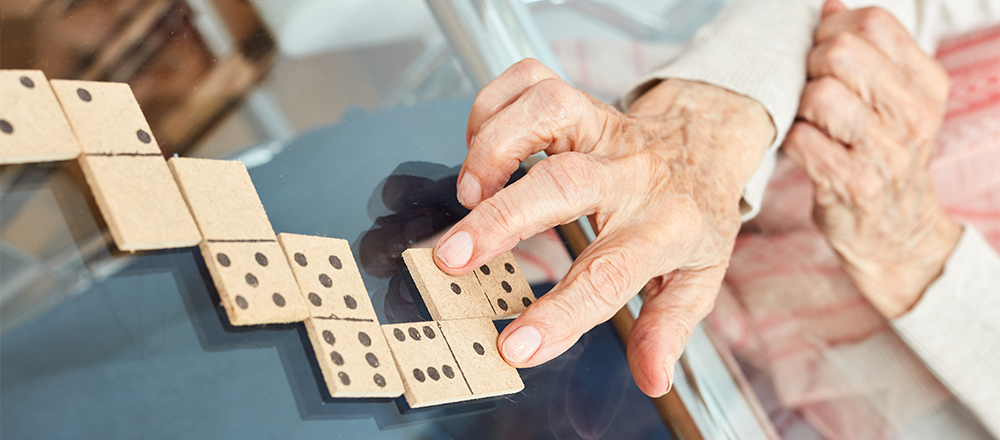
New Research and Recommendations for Concussion Recovery
Concussion management has changed over recent years. Led by Speech Pathologist Stephanie Ramirez, MA, CCC-SLP, learn about the latest evidence-based research in concussion management recommendations.
When you think about concussions, the scrutiny the NFL has received on serious brain injuries caused by repeated blows to players’ heads and upper bodies may come to mind. If you have young athletes, you may be more aware of the danger of concussions caused by competitive sports.
Despite increased awareness, incidences of concussions continue to rise. NFL concussion rates increased by 18% from 2021 to 2022, and school-aged children concussion rates increased nearly 1.5 times from 2010-2014 to 2015-2017. This shows the need for more education around what a concussion is, how is it screened and takeaways to recover well.
What is a Concussion?
A concussion is a temporary change in brain function caused by a blow to the head or other part of the body if the impact’s force spreads to the head. It can result in loss of consciousness and memory gaps. Most concussions are mild, but some can be severe and cause long-lasting damage.
Concussions can affect people of all ages, especially children under the age of 1 and adults over the age of 75. According to the CDC, people aged 75 years and older account for over 30% of concussions and traumatic brain injury hospitalizations.
Concussions are especially worrisome when they impact children and teenagers since their brains are still developing. About 3-18 out of every 100 children and teens will experience a concussion, according to a ScienceDirect study, published in 2021. This child and teen frequency range is due to many people not seeking medical attention for their injuries. But all concussions are serious and should be treated by a healthcare provider
What Are the Symptoms?
Most people who experience a concussion feel better within a few days. For some people, symptoms can last weeks or even months. The effects tend to last longer and are more severe for people with a history of a concussion, brain damage or stroke.
The symptoms of a concussion may not appear until hours after the injury happens and include:
- Changes in behavior
- Clumsiness
- Confusion
- Disorientation
- Forgetfulness
- Head pain
- Slowed speech
- Trouble sleeping
What Are the Causes and Risk Factors?
A concussion can happen even if someone doesn’t endure a direct blow to the head. A physical trauma that changes the chemical activity of the brain —a car accident, domestic violence-induced injury, fall or sports injury — can be an underlying cause of a concussion.
Risk factors for a concussion vary by age, gender and medical history. Those with conditions like migraines who experience a concussion are at a higher risk for another.
How Are Concussions Screened?
A neurological exam and cognitive test help providers screen for a concussion.
A neurological exam will check for:
- Balance
- Coordination
- Hearing
- Reflexes
- Vision
A cognitive test will evaluate thinking skills, which include:
- Concentration
- Memory
- Recall ability
Screening may also include an imaging test if symptoms are severe, such as intense headaches, repeated vomiting or seizures. A CT scan or MRI can help determine if the injury caused bleeding or swelling in the skull.
How Are Concussions Treated?
In the first few days following a concussion, resting is best for recovery. Limit activities that require much thinking and mental concentration. Avoid physical activities that may increase concussion symptoms. After a few days of resting, gradually increase daily activities until back to normal routine if activities don’t trigger symptoms.
Takeaways
Researchers can’t say for sure whether the increasing rate of concussions is due to greater awareness, stricter reporting laws or indeed more instances than there used to be. Whatever the reason for the rise, continued education and awareness efforts help keep people of all ages safe from the harmful effects of concussions.
If you or someone you know experiences a concussion, connect with our expert neurological and rehabilitation services so you can get back to living the life you want.
Explore More
Post-Concussion Syndrome: One Woman's Invisible Injury
Noggin Knowledge



